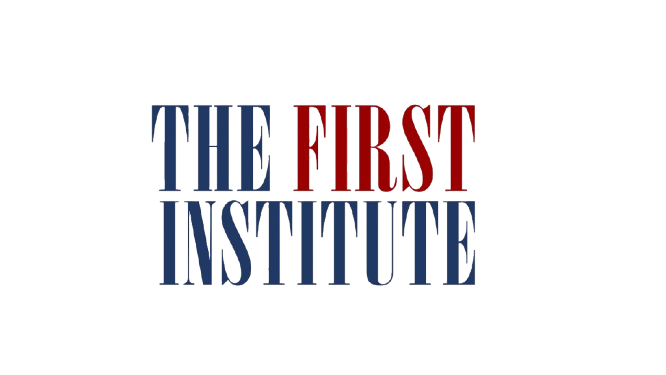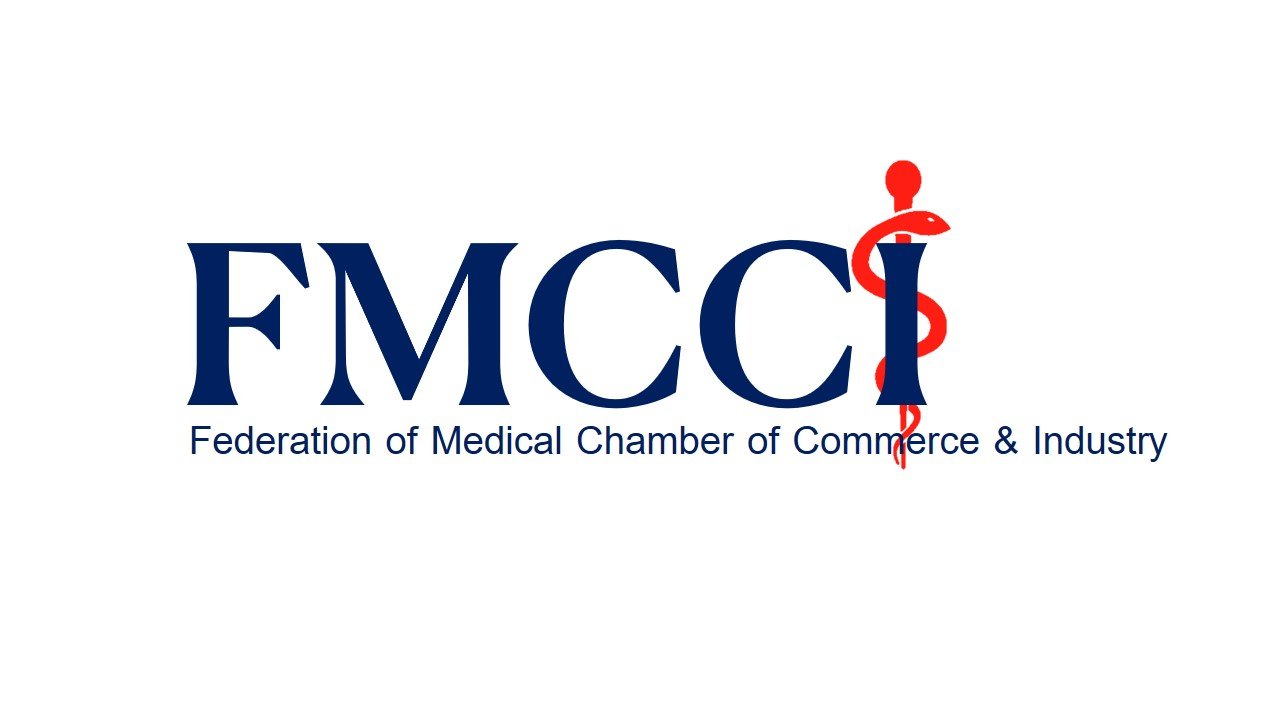Achieving Financial Freedom
Achieving financial freedom is a goal shared by many, but the path to get there can seem complex and daunting. Financial freedom means having enough savings, investments, and cash on hand to afford the lifestyle you desire for yourself and your family—and a growing nest egg to support your long-term goals. It’s not just about having money; it’s about having options, peace of mind, and the freedom to make choices that aren’t constrained by financial limitations.
This article will explore several proven strategies to help you build wealth and take control of your financial future. From setting financial goals to diversifying your investments, these steps will lay a solid foundation for a life of financial independence.
1. Define What Financial Freedom Means to You
Before setting out on your financial journey, it’s essential to define what financial freedom means for you personally. Your goals could range from retiring early, traveling the world, or even having enough money to start your own business. Take some time to identify your financial goals, both short-term and long-term. Write them down, prioritize them, and assign target dates. By having clear goals, you’ll be able to create a roadmap to financial freedom tailored to your vision.
2. Establish a Budget and Track Your Expenses
A budget is a fundamental tool in achieving financial freedom. By understanding where your money is going, you can better allocate it toward saving and investing. To create a budget:
- List all income sources: Record all sources of income, including your job, side hustles, or passive income from investments.
- Identify expenses: Track both fixed (rent, utilities) and variable expenses (entertainment, dining).
- Prioritize essential spending: Focus on essentials and cut back on non-essential spending to maximize savings potential.
- Review and adjust regularly: Financial situations change, so it’s important to review your budget monthly and adjust as needed.
Budgeting doesn’t have to mean restricting yourself. Instead, think of it as a tool that enables you to spend more on things that matter to you by reducing expenses that don’t align with your financial goals.
3. Build an Emergency Fund
An emergency fund is crucial in protecting your financial future. It provides a safety net to cover unexpected expenses, such as medical bills, car repairs, or job loss, without having to dip into your savings or go into debt. Aim to save three to six months’ worth of living expenses in a high-yield savings account that is easily accessible.
4. Pay Off High-Interest Debt
High-interest debt, especially from credit cards, can significantly hinder your path to financial freedom. The interest from these debts grows quickly and eats away at your income. To tackle debt effectively:
- Use the debt snowball method: Start by paying off the smallest debts first to build momentum.
- Consider the debt avalanche method: Alternatively, focus on paying off the highest-interest debt first, which can save you more money in the long run.
- Consolidate or refinance if possible: Lower your interest rates by consolidating multiple debts or refinancing.
By paying off high-interest debt, you free up more money for saving and investing, accelerating your journey to financial freedom.
5. Invest for the Long Term
Investing is one of the most effective ways to build wealth and achieve financial freedom. With the power of compound interest, even small amounts can grow substantially over time. Here are some strategies to consider:
- Stock market: Stocks are a popular option for building wealth over the long term. Diversify your investments by selecting a mix of individual stocks, ETFs, and index funds that align with your risk tolerance.
- Real estate: Property investments can generate rental income and appreciate over time. Start small with real estate investment trusts (REITs) if you’re not ready to buy property.
- Retirement accounts: Max out contributions to retirement accounts such as a 401(k) or IRA, especially if your employer offers a match.
- Compound interest: The earlier you start investing, the longer you allow your investments to compound, which leads to exponential growth over time.
6. Diversify Your Investments
Diversification is key to managing risk in your investment portfolio. By spreading investments across different asset classes, you protect your portfolio from market volatility. Diversification also allows for steady growth, as gains in one area can offset losses in another. Consider a mix of stocks, bonds, real estate, and possibly alternative assets like gold or cryptocurrency, depending on your risk tolerance and financial goals.
7. Develop Multiple Income Streams
Relying solely on one source of income can be risky. By building multiple income streams, you create a more robust financial foundation and reduce your dependency on any single income source. Here are some ideas:
- Side hustles: Freelance, consulting, or selling products online can be a great way to supplement your income.
- Passive income: Invest in dividend stocks, peer-to-peer lending, or rental properties to generate passive income.
- Royalties and licensing: If you have a unique skill, consider creating intellectual property (like books, courses, or patents) that can generate royalties.
With multiple income streams, you’re better equipped to handle financial setbacks and stay on track to achieving financial freedom.
8. Invest in Financial Education
Understanding how money works is essential to building and maintaining wealth. Dedicate time to financial education by reading books, attending seminars, or taking online courses. Financial literacy helps you make informed decisions, avoid costly mistakes, and identify new opportunities. As you gain knowledge, you’ll be better prepared to navigate challenges and achieve your goals.
9. Prioritize Health and Well-being
Achieving financial freedom goes hand-in-hand with maintaining a healthy lifestyle. Medical expenses can drain your finances quickly, so investing in your health is a proactive way to safeguard your wealth. Practice healthy habits such as regular exercise, a balanced diet, and regular medical checkups. When you’re in good health, you’re better equipped to pursue your financial goals with energy and focus.
10. Set Milestones and Celebrate Progress
Financial freedom is a long journey, so setting milestones can help keep you motivated. Break down your financial goals into smaller, manageable steps and celebrate each achievement. For example, celebrate paying off a credit card, reaching a savings milestone, or hitting an investment target. Recognizing these accomplishments reinforces your commitment and keeps you focused on the end goal.
Conclusion
Achieving financial freedom is about more than accumulating wealth; it’s about gaining control over your life and future. By following these proven methods—defining your financial goals, budgeting, building an emergency fund, eliminating high-interest debt, investing wisely, diversifying, creating multiple income streams, investing in financial education, maintaining health, and setting milestones—you can establish a strong financial foundation. With discipline and persistence, financial freedom is within reach.
FAQs
1. How long does it take to achieve financial freedom?
- The time required to achieve financial freedom depends on factors such as your current financial situation, income, expenses, and how aggressively you pursue your goals. Some people achieve financial independence within a decade, while for others, it may take several decades. Consistent saving, smart investing, and debt management play crucial roles in reducing this time.
2. What’s the difference between financial freedom and financial security?
- Financial security means having enough money to cover your basic needs and manage emergencies. Financial freedom, on the other hand, goes beyond security to provide you with the flexibility to live the lifestyle you desire without financial stress. It includes enough income from investments or savings to afford leisure, pursue passions, and make lifestyle choices free from financial constraints.
3. Is it necessary to work with a financial advisor to achieve financial freedom?
- While working with a financial advisor can be beneficial, especially for complex financial planning, it’s not essential for everyone. Many people achieve financial freedom through self-education, disciplined saving, and strategic investing. However, a financial advisor can provide personalized advice, manage investments, and help with retirement planning, which may accelerate the path to financial freedom for some individuals.








Add a Comment